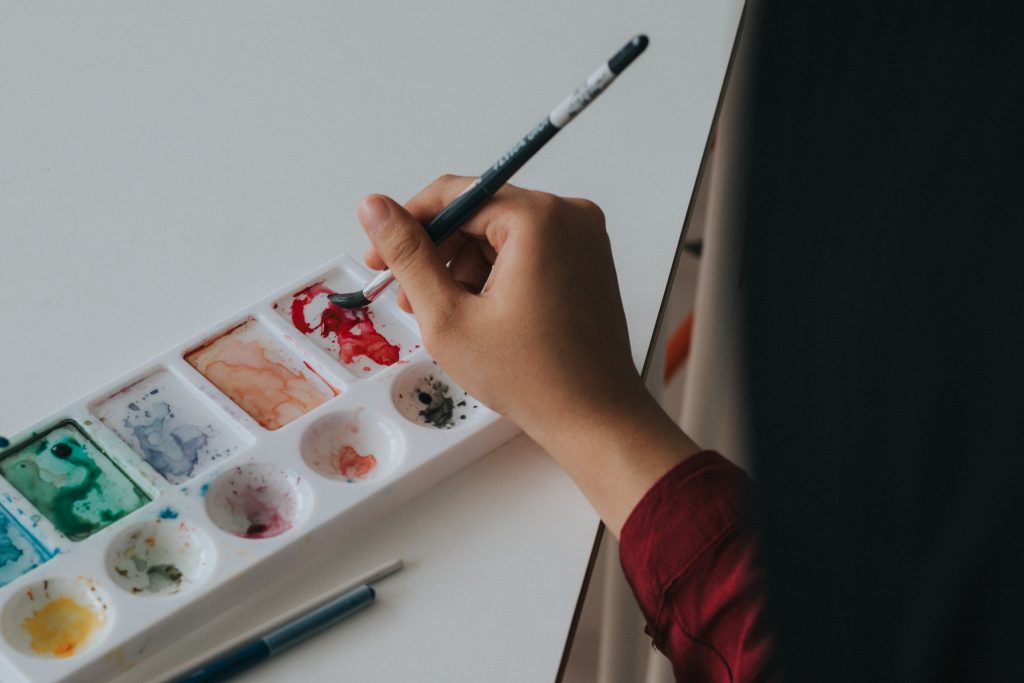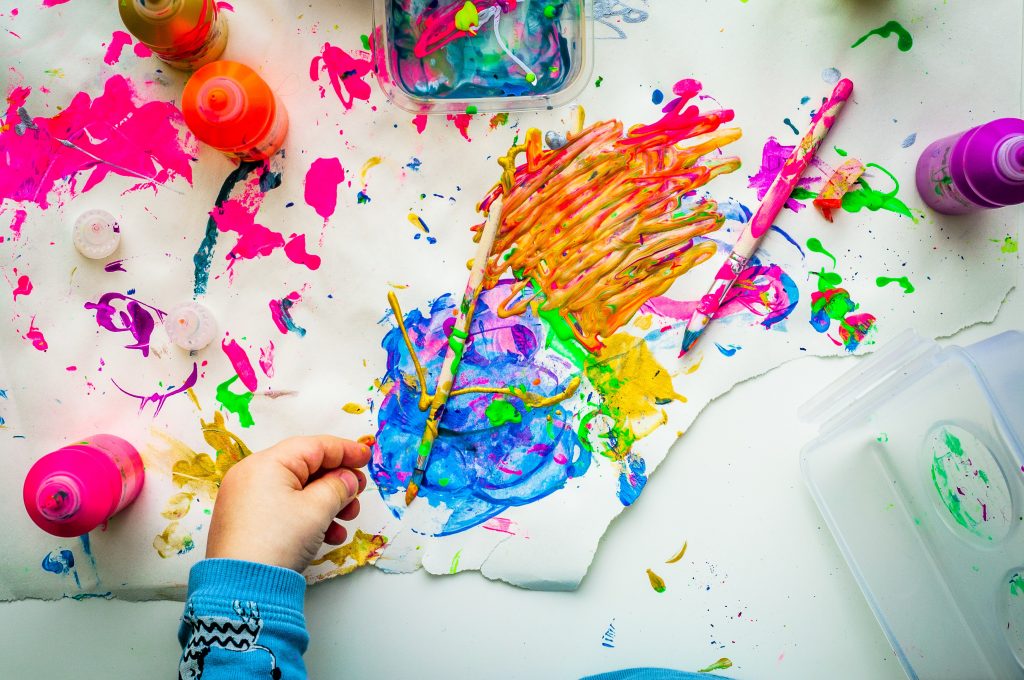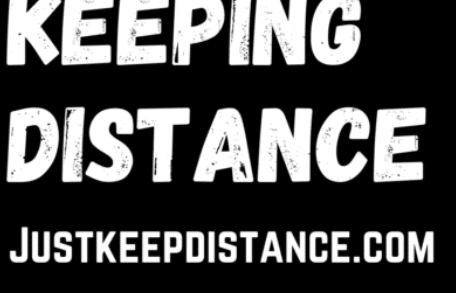Let’s face it “Creativity Benefits Mental Health” When you think of mental wellness, some of the habits that come to mind are exercise, meditation, and healthy eating even when stressed. However, the mental health aspect that’s often overlooked: is creativity. Whether you’re creating for money or as a hobby, there is a correlation between mental health and creativity. But you don’t have to publish a bestseller or become a professional painter to be creative. Just play music as a hobby or look into long-term hobbies that have a feel-good factor like painting and drawing or with any creativity mental health sees an improvement.
In his 1953 review “Creativity and Culture”, Dr. Morris Stein considers creative mental health work a novel creation regarded as satisfying or helpful by a group. He proceeds to describe a novel creation as an imaginative product that has never existed in a similar form. Anything from sewing, coding, creating unique recipes, and filling coloring books qualifies as one of the creative activities that boost brain activations to make you feel good. Here’s how creativity accelerates your emotional wellness goal.

Creativity Benefits Mental Health & Can Create More Happiness
According to acclaimed writer Kurt Vonnegut, art, whether good or bad, nourishes your soul. Recent studies confirm Vonnegut’s sentiments by proving creative activities multiply feelings of progressing in life. The study’s participants reported more enthusiasm after days when they were more creative. Art also increases your flow, the total immersion in a task. This reduces self-judgment and time perception, so all you think about is the task at hand. Even your problems don’t matter during this state. But your happiness goes beyond being inflow.
Repetitive motions like drawing and knitting are also relaxing. Not forgetting the happiness arising from your creativity’s outcome. When you accomplish a task, your brain releases dopamine to increase motivation. You also derive joy from doing something you love. Since nobody is forcing you into it, your mistakes aren’t a big deal and you overcome your creative blocks.
Dementia Therapy
Artistic pursuits safeguard your mind and ward off dementia. This is according to a past AAN study. Per the research, those who undertake creative activities like painting in their middle and elderly years are 73% less susceptible to conditions that invite dementia, for example, mild cognitive impairment. On the other hand, craft-based tasks like woodwork and sewing reduce the risk of cognitive disorders in midlife and declining years by 45%.
Art therapy is also effective against Alzheimer’s disease, a category of dementia affecting behavior and thinking. Creativity reroutes communication pathways to help patients express themselves. It also reduces isolation by renewing the patient’s ability to forge relationships with those who support their emotional wellness goal. This goes together with the feeling of accomplishment after finishing a task.
Using Creativity as a Mental Health Mood Booster!
Art lifts your spirits. This is according to a past BBC research that attracted 50,000 participants. Per the study, creativity benefits your well-being in the following ways:
- Distraction: Art diverts your mind from your worries and has proven to be therapeutic in treating psychiatric disorders.
- Contemplation: Art declutters your mind to bring your problems into perspective and allow planning.
- Self-development: Creativity equips you to face challenges and builds your self-esteem creative people are always improving themselves.
You don’t have to be an expert or work long hours to enjoy the benefits of your creative pursuits. The research revealed that even a single artistic session benefits your emotional wellness goal. Moreover, the study encouraged participants to keep trying new things. A creative pursuit is less effective against negative emotions if you do it for ten years.

Creativity Improves Better Brain Function and Mental Health
In his publication, Arts with the Brain in Mind, brain researcher Eric Jensen considers arts the backbone of other disciplines because of their emotional, cognitive, and integrated sensory benefits. A separate study states that subjects like language and sciences depend on the creative and cognitive capabilities offered by arts. Creativity also impacts consciousness. Doing positive things by using creativity and mental illness is a proven therapy method.
When you encounter a work of art, you awaken similar neurons to the artist during the piece’s creation. This generates new neural pathways to increase inspiration. Similarly, viewing artwork activates a pleasure response to enhance brain blood flow. By increasing awe, art makes the audience hopeful and fulfilled.
Creativity Relieves Anxiety
Art therapy, especially in combination with other treatments, is effective against anxiety. First off, art’s meditative nature reduces irritability to soothe your nervous system. Art also provides a safe space for patients to communicate their insecurities. It’s not uncommon for therapists to recommend creative self-expression to their patients. For instance, your therapist may ask you to write down your thoughts to manage your tension.
Moreover, creativity helps process your emotions. Think of anxiety as eating an elephant. Instead of devouring the elephant whole. Using art slows your thinking, so you eat a piece at a time. Again, creativity occupies your mind to keep negative thoughts at bay.

Making Time for Creativity
Since both are beneficial to your mental health, fit creative activity into your schedule as you would physical activity. You can get artistic before you leave for work, on your commute, during breaks, or in the evening when you return home. Does art help with mental health? Share your art therapy for mental health ideas in the comments on 5 Ways Creativity Benefits Mental Health.



Followed the link from Reddit, to this article. It covers only solitary non verbal activities of a few types.
My interest is in innovation, especially with groups, technologies and very socially meaningful.
Thanks Greg, Sorry it took a while but we decided to write a post based around your request. You can read it here https://www.justkeepdistance.com/the-use-of-technology-in-counseling-and-mental-health/